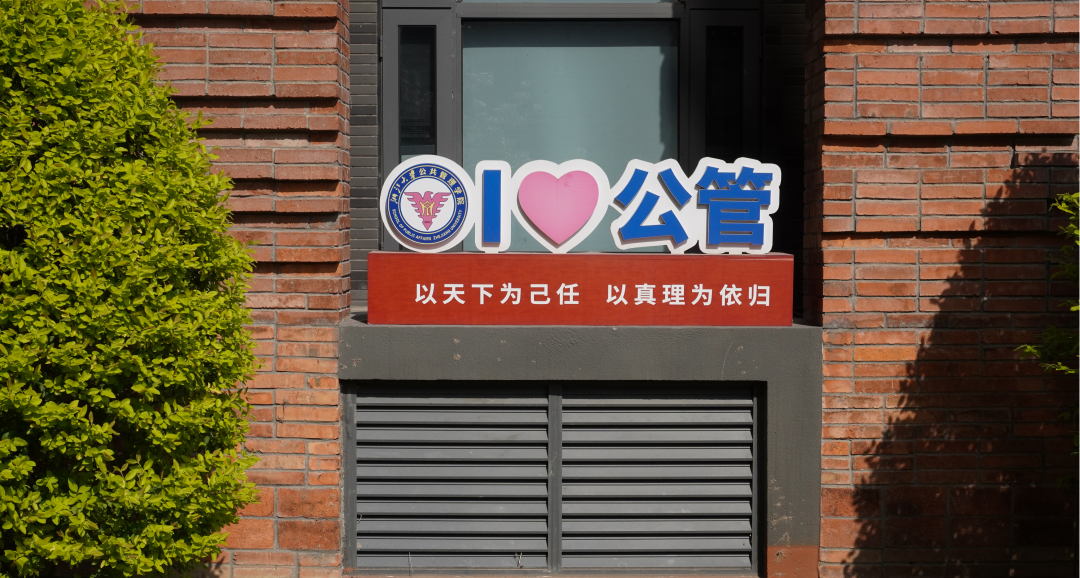2022 Zhejiang University SDG Global Summer School (hereafter the Summer School) has been successfully held from August 1st to August 15th. With SDG for A Better Future as the theme, the Summer School has convened 971 young professionals and students (out of 1,800 applicants) from 81 countries/regions to participate in virtual. The young talents from all over the globe have learned and discussed new challenges and solutions for sustainable development through multifaceted forms such as online class, online seminar, and virtual visiting.
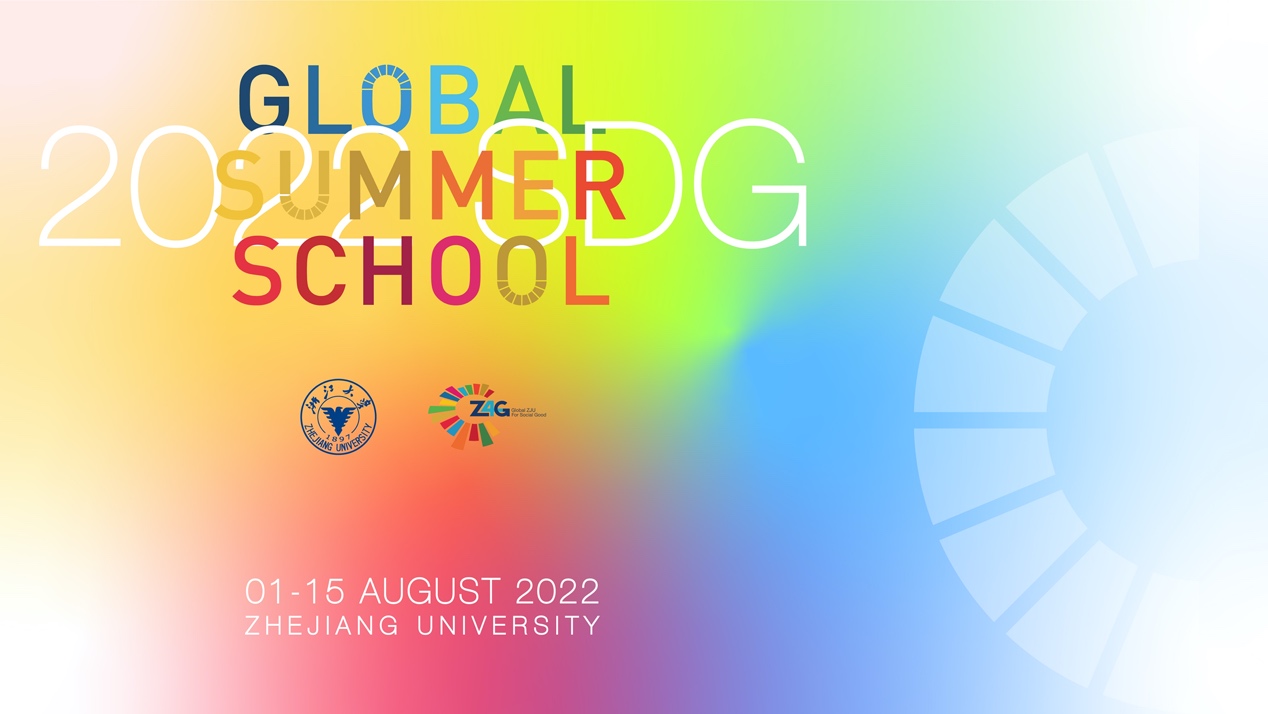
The School of Public Affairs initiated a 42-hour English lecture series for the Inclusive Development Module. The serial lecture consisted of four submodules, including natural resources, land and sustainable development, inclusive cities, no poverty and no hunger, as well as global social policy. It devoted to extending students’ understanding of governance, equity, stability, and social inclusion in the context of development, so as to encourage young minds to reflect on interdisciplinary and critical strategies.
The serial lecture was led by Prof. Peter Ho, Department of Land Management; Prof. Tao Liu, Department of Social Security and Risk Management; Prof. Binlei Gong, Department of Agricultural Economics and Management, and Prof. Yuanshuo Xu, Department of Urban Development and Management. For the 318 student attendees, 152 students were from Zhejiang University (133 undergraduates and 19 graduate students); 136 students were from overseas universities; 16 were from Hong Kong, Macao, and Taiwan universities; 7 were from C9 universities in China; and 7 were from other institutions. The School of Public Affairs was committed to leveraging the 15-day academic courses and seminars for the purposes: deepen students’ understanding of sustainability concepts and mechanisms under globalization, get to know the state-of-the-art notions and actions, and broaden global visions.
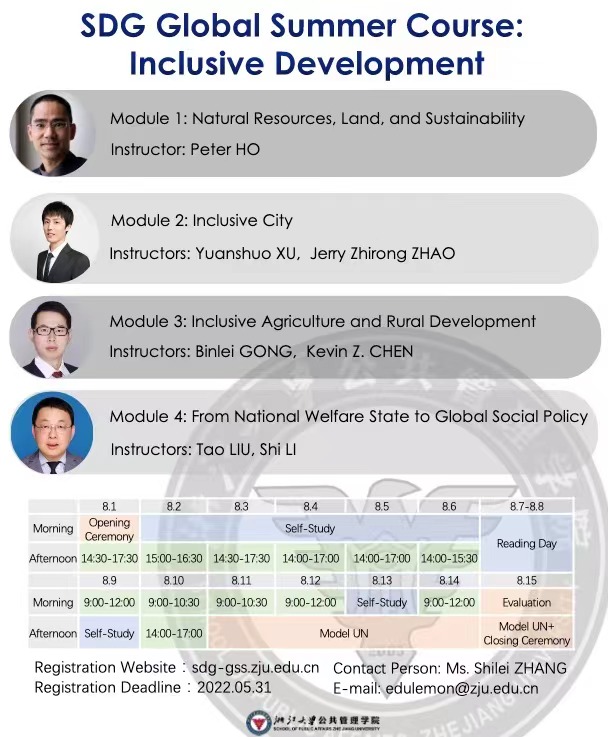
From Augus 1st to 3rd, Prof. Peter Ho from the Department of Land Management started the serial lecture with his courses of ‘Natural Resources, Land, and Sustainability’. He introduced the epistemological evolution of sustainable development and its definition from multiple theoretical perspectives. During the course, he guided the students to comb the challenges so far for sustainability (such as climate change, nuclear pollution, gene drift, etc.) and to figure out possible outlets to counter those challenges. Cases were emoloyed to exemplify the roles and corresponding responsibilities of stakeholders along the governance process. Prof. Walter Timo de Vries from Technische Universität München provided a guest lecture regarding the sustainability of regional development, with an emphasis on vulnerability, vitality, and versatility.
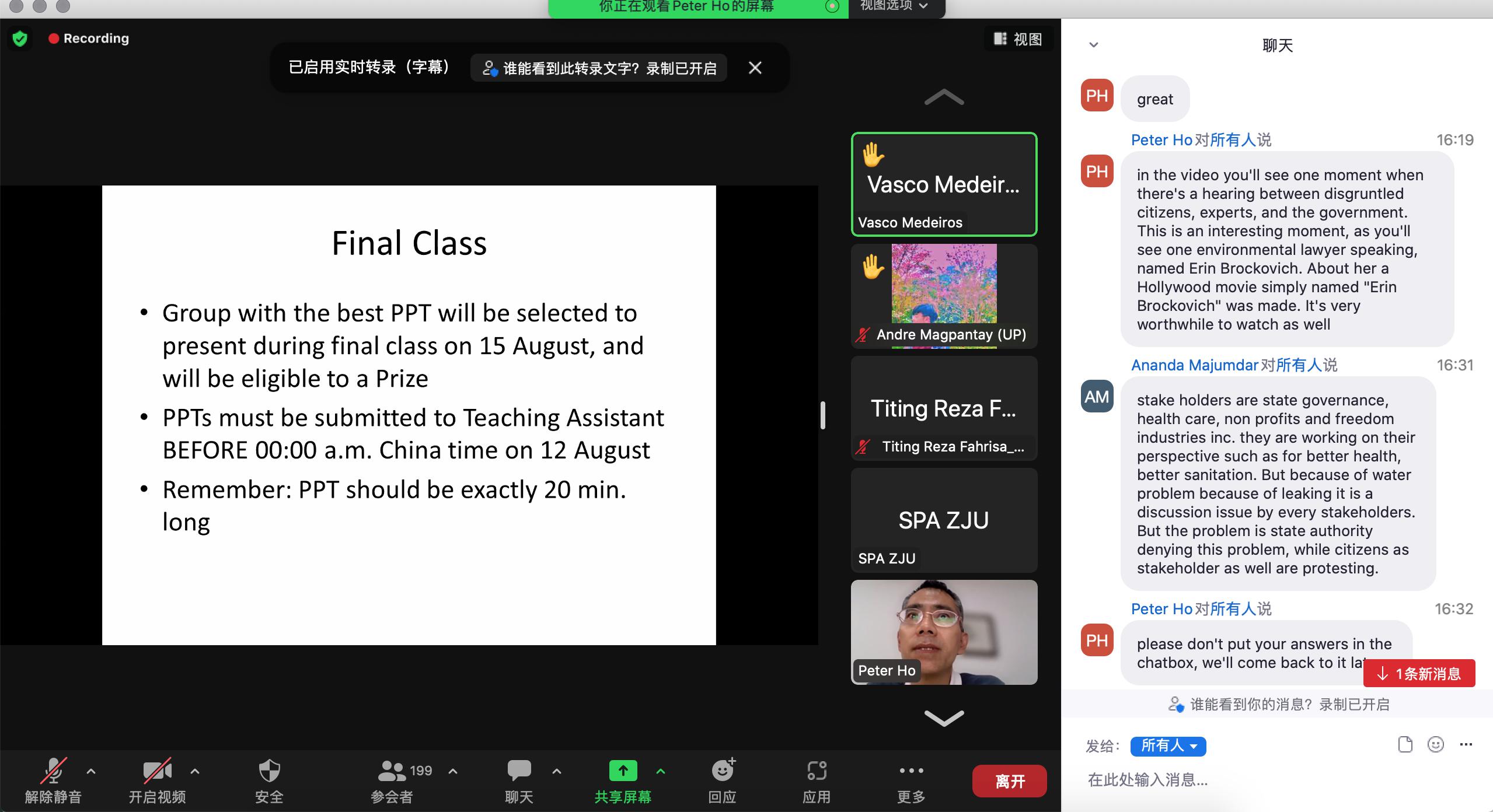
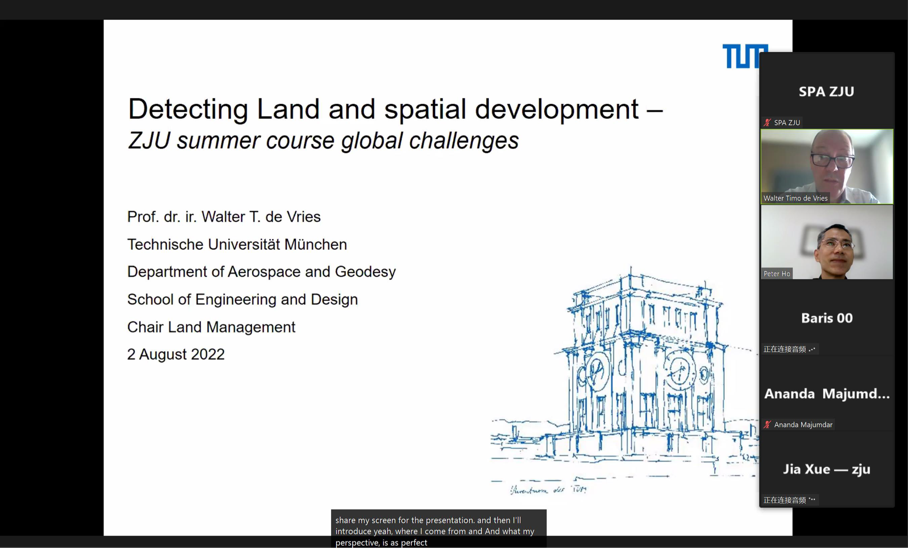
From August 4th to 6th, Prof. Yuanshuo Xu from the Department of Urban Development and Management gave his lecture on ‘Inclusive City’. Prof. Zhirong Zhao, Dean of the School of Public Affairs, participated as a guest lecturer in this submodule. The course lecturer introduced major concerns of inequality, including geographic segregation, digital divide, environmental injustice, and racial discrimination. The courses responded to topical issues like globalization, urbanization, digitalization, and common prosperity. Prof. Zhirong Zhao underlined the importance of urban fiscal resilience for inclusive urban governance. His guest lecture showcased the conceptual framework of urban fiscal resilience and its response mechanism thereby.
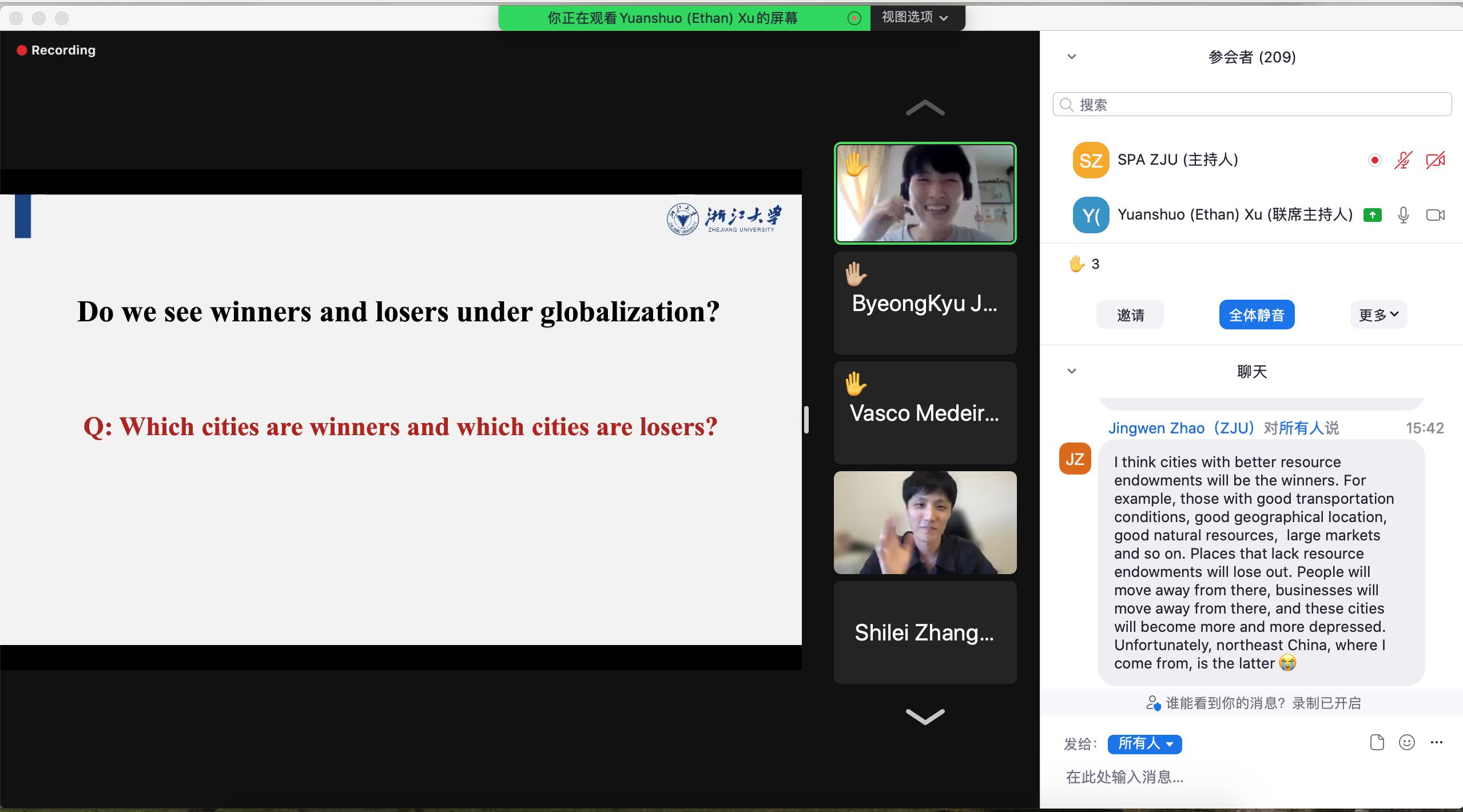
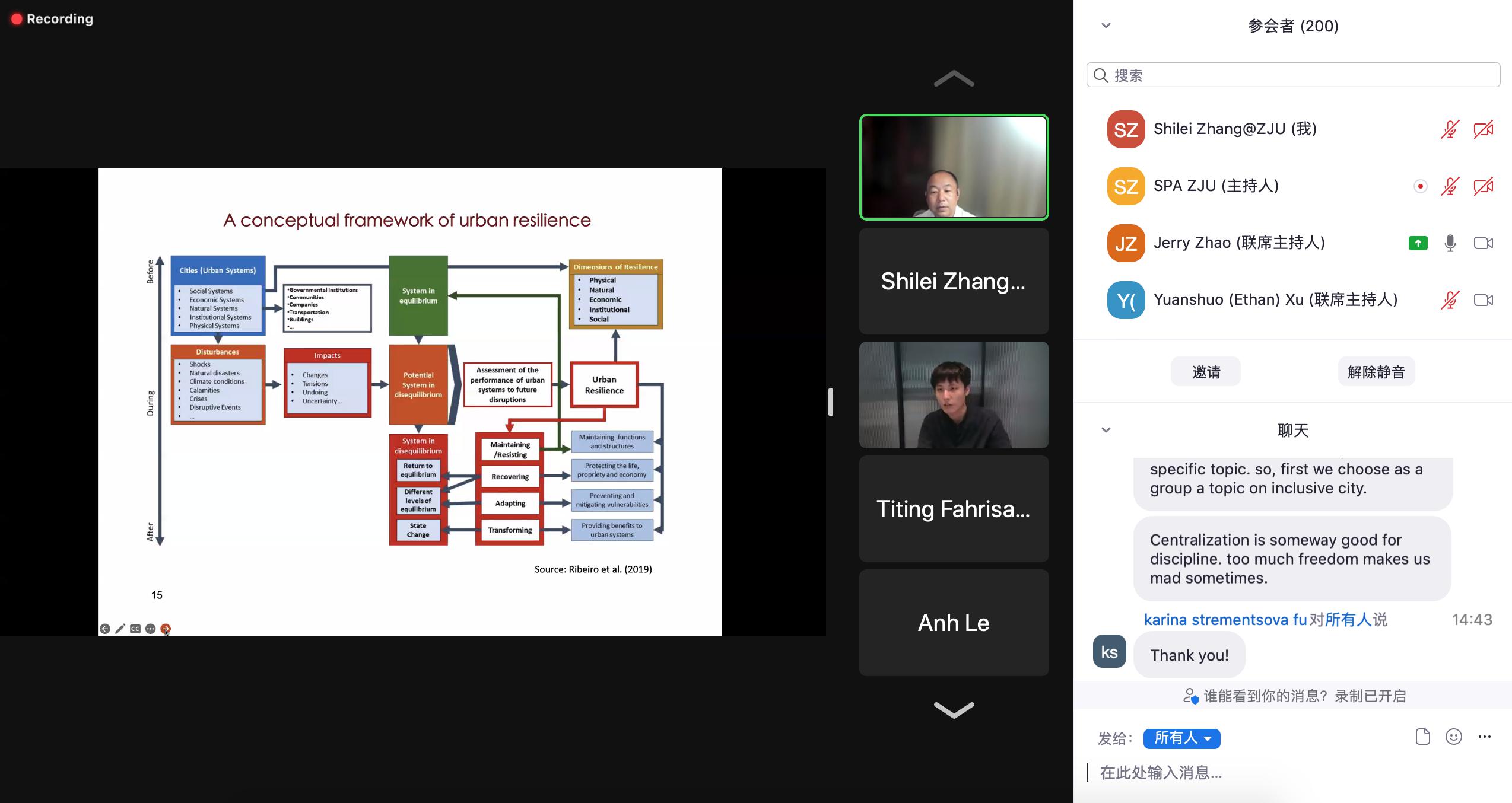
From August 9th to 12th, Prof. Binglei Gong carried out the submodule of ‘Inclusive Agriculture and Rural Development’. Prof. Kevin Chen, International Dean of the China Academy for Rural Development, gave the guest lecture. Prof. Binglei Gong accentuated the significance of countering hunger and poverty, and thereafter introduced the gist of inclusive agriculture development. By showcasing China’s agricultural development since 1978, he elucidated how China realized inclusiveness along agriculture development. Built on the discussions over agricultural sustainability, Prof. Binglei Gong also shared his insights into cutting-edge propositions regarding high-quality agriculture development. Prof. Kevin Chen further extended the submodule to a theoretical dimension. He summarized the 40-year experiences of China towards poverty reduction and urban-rural integration, with the overarching goal of common prosperity. He also shared the latest research outputs of Rurbanomics, which is a leading conceptual framework for urban-rural integration of the South.
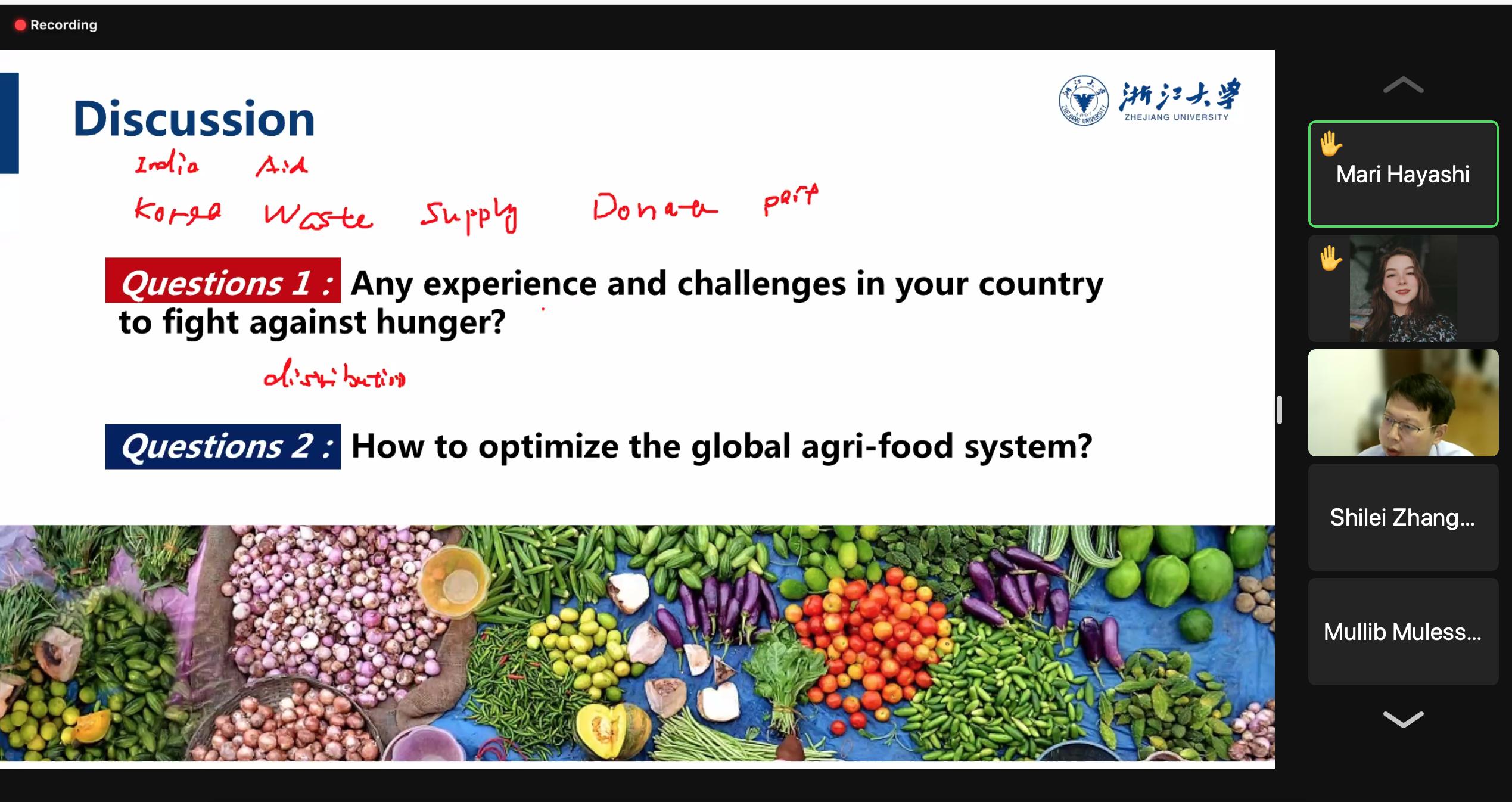
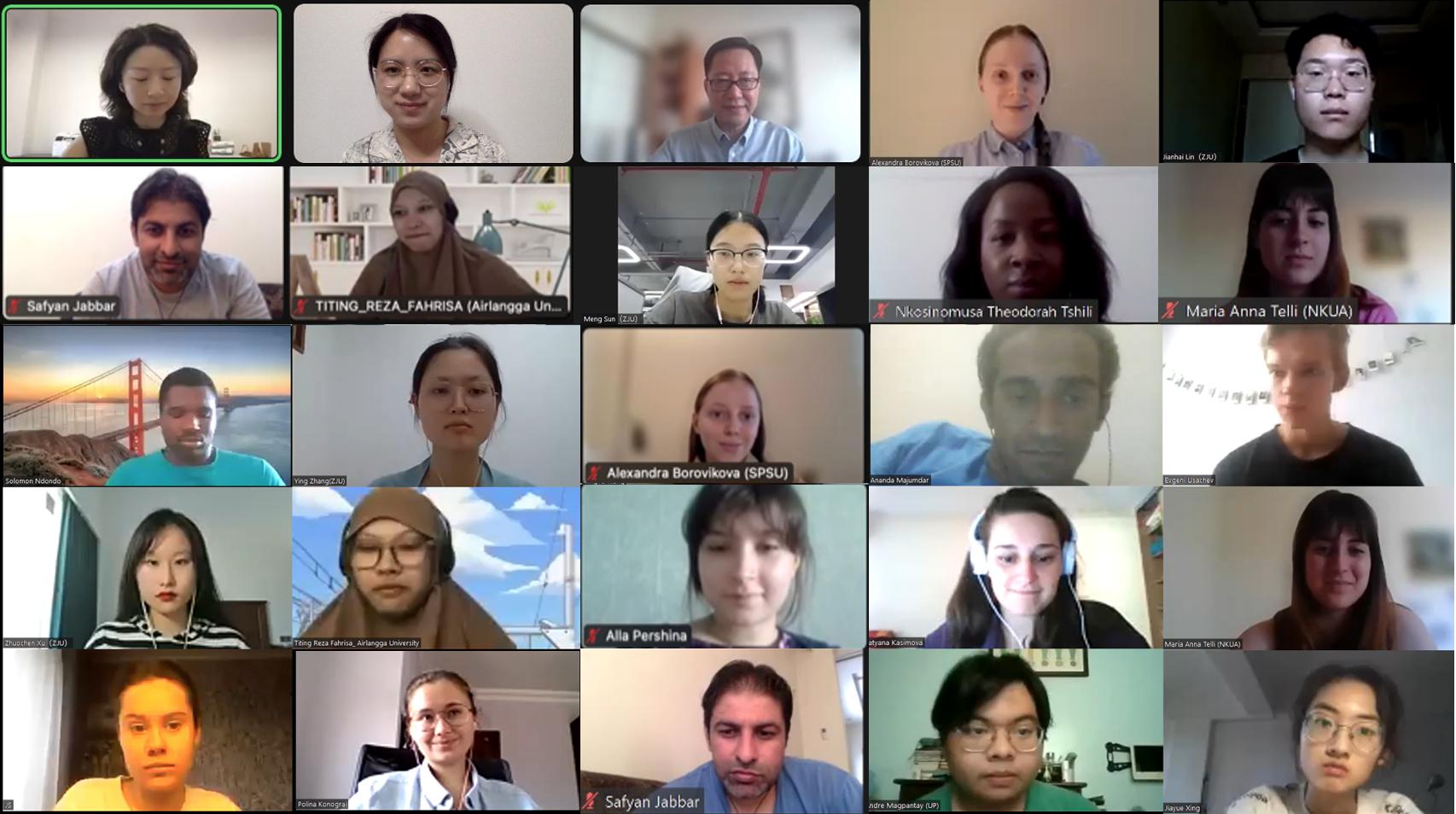
From August 10th to 14th, courses for the Inclusive Development Module came to the last section, namely ‘Global Social Policy’. This submodule was arranged by Prof. Tao Liu from the Department of Social Security and Risk Management. Prof. Shi Li, Dean of the Academy of Sharing and Development, gave a special speech. Prof. Tao Liu introduced relevant theories of global social policy, and thereby elaborated how different international organizations affect global social policies. He further extended the course discussion on global pension policy and its management with perspectives of social globalization, neoliberal globalization, and resocialization globalization. Based on the concepts of income and wealth, Prof. Shi Li walked through figures of income and wealth inequality in various regions with explanations of for the severe situations. In the discussion session, students from all over the world actively participated and expressed their opinions and comments.
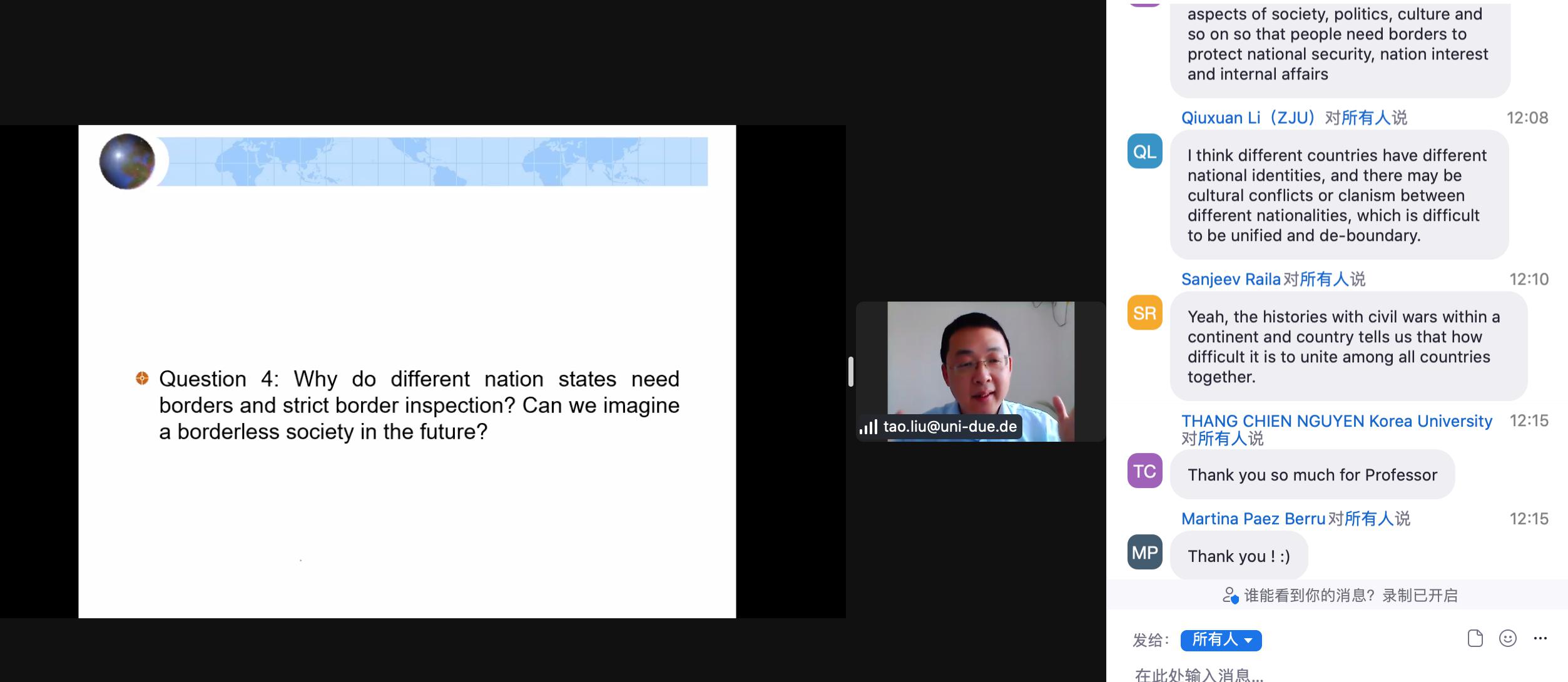
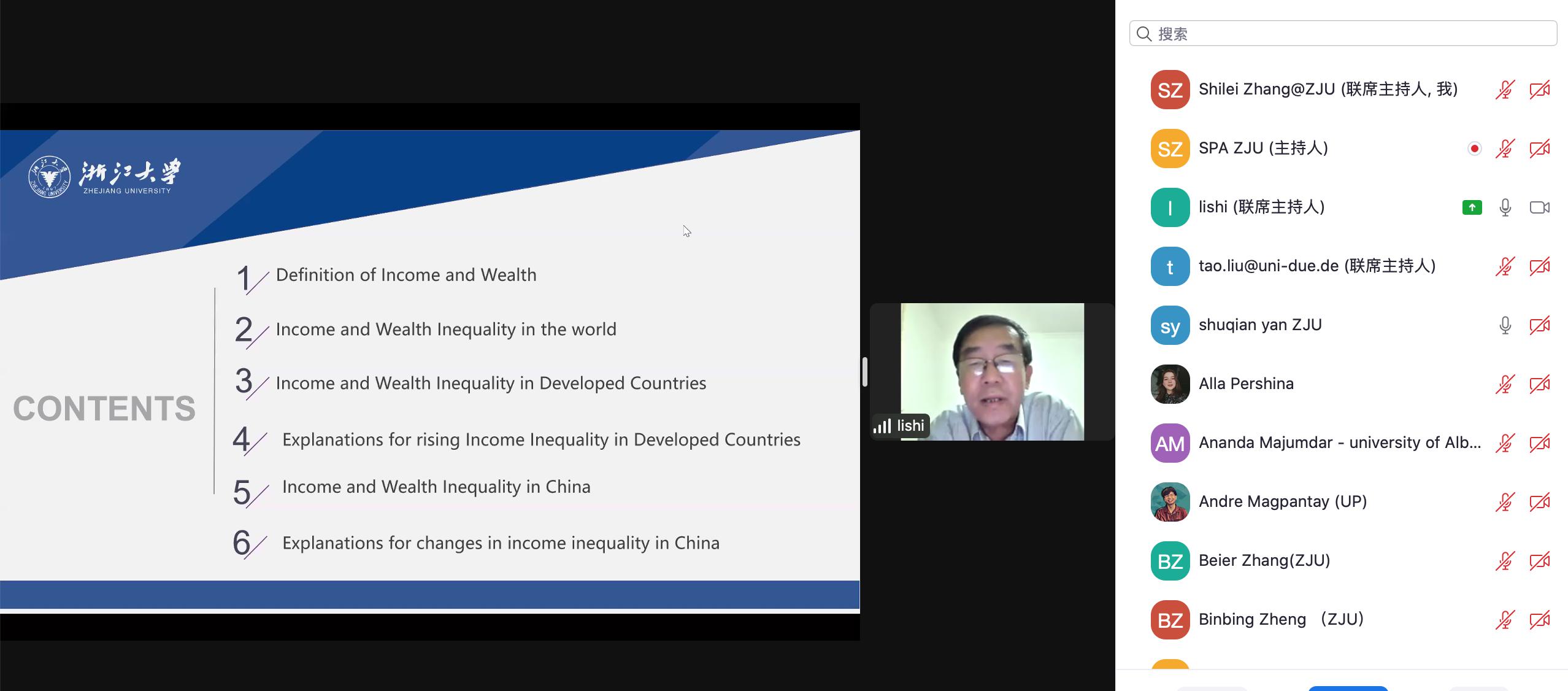
The academic courses encouraged students to dive in the cutting-edge knowledge regarding inclusive development. On August 15th, six ‘best teams’ were selected out of all the students learning groups to make presentations. Course lecturers commented on the wonderful group works that showing ideal learning yields of the inclusive development module.
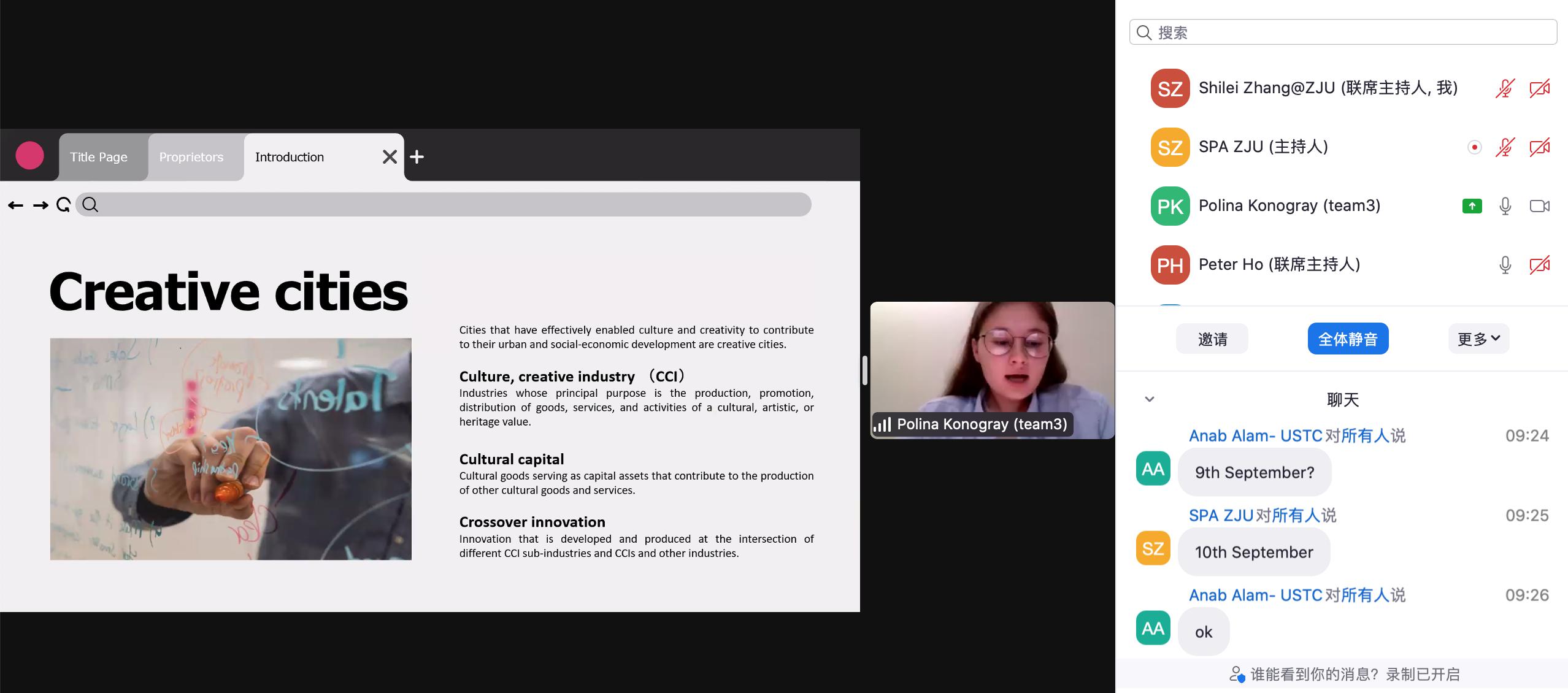
At the closing ceremony, Prof. Weiwen Zhang, Deputy Dean of the School of Public Affairs, delivered a closure speech for the Global Summer School. She pinpointed that the School of Public Affairs perpetuates social responsibility and a global perspective. She also expressed the expectations of future activities to provide to positive and far-reaching platforms for global scholars.
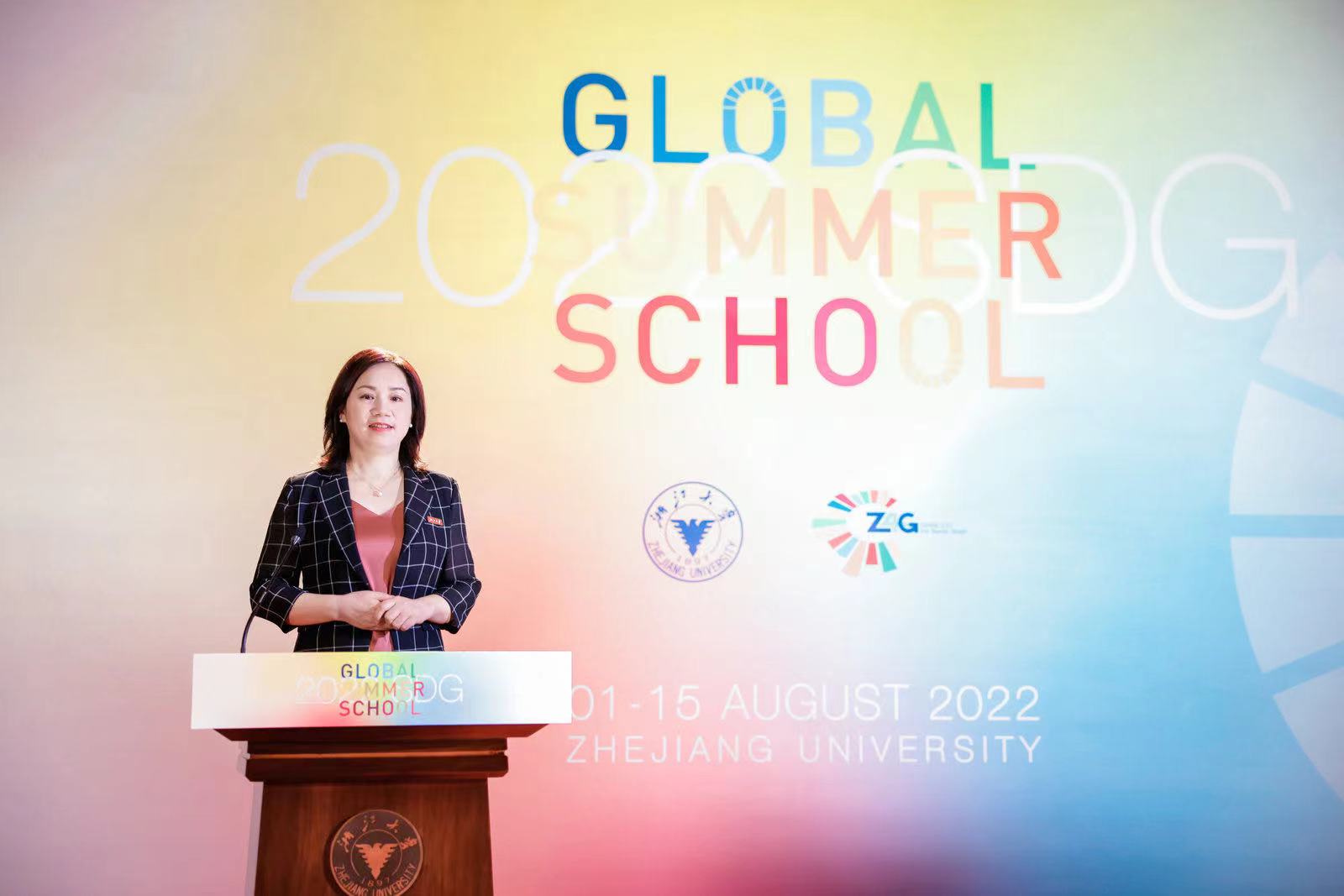
The 2022 Zhejiang University SDG Global Summer School is a primary component to carry out Global ZJU for Social Good. The Summer School provided academic platforms, cultural activities, and meta-universe experiences for young students all over the globe to learn and explore future sustainable development. The School of Public Affairs will continue to actively respond to sustainable development as well as the Global ZJU for Social Good in the future.
